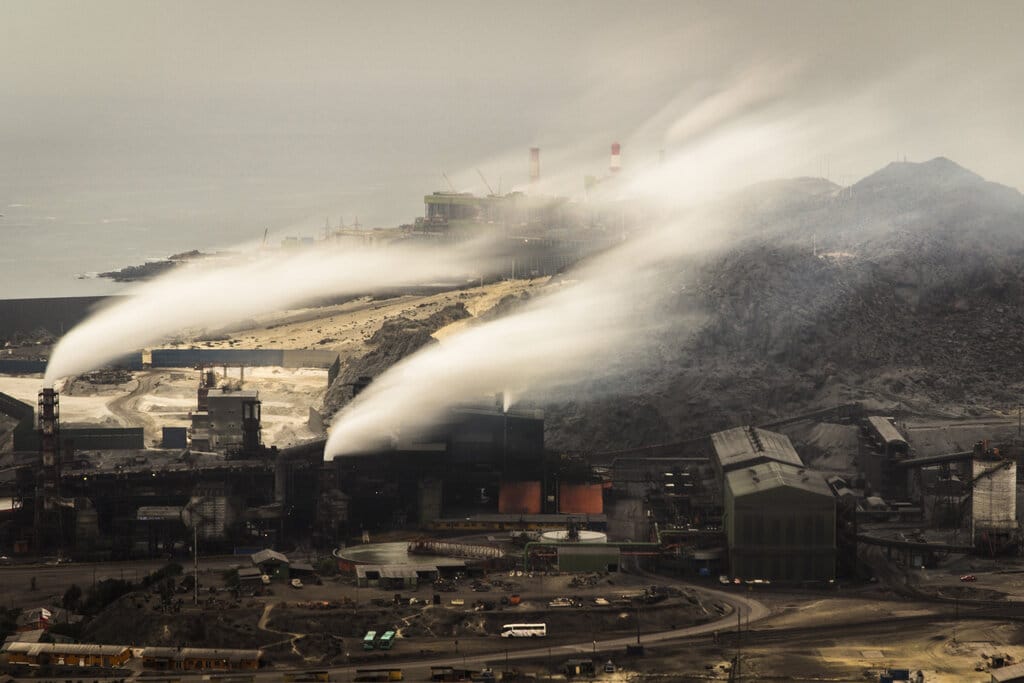Following the publication of the landmark IPCC report on climate change, a draft of the third part of the report was leaked by climate scientists in fear that their conclusions could be watered down before its 2022 publication.
—
What is Happening?
- On August 9, the Intergovernmental Panel on Climate Change (IPCC) released the first section of its three-part Sixth Assessment Report, with the rest to be published in 2022.
- The first part of the landmark climate report was a “code red for humanity”, warns that global temperatures will very likely rise 1.5°C above pre-industrial levels by 2040. Scientists unanimously agree it is “unequivocal” that humans have caused climate change.
- Also known as the sixth assessment report, the climate study is divided into three parts: the physical science of climate change, the impacts of climate change, and the mitigation of the climate crisis.
- In a leaked draft of the third part of the IPCC report, which is not expected to be published before March 2022, warns global greenhouse gas emissions have to peak within the next four years to prevent a climate breakdown.
- The draft report was leaked by a small group of scientists to the Spanish branch of Scientist Rebellion, an offshoot of the Extinction Rebellion, and was published by journalist Juan Bordera in the Spanish online magazine CTXT.
- Motivation behind the leak stems from concerns by some of the authors that their conclusions could be watered down prior to its 2022 publication, said Bordera to the Guardian.
What are the Main Takeaways?
- Aside from global carbon peaking in the next four years, developed and high income countries must take charge and be aggressive in their climate action to reduce carbon emissions. Currently, the top 10% of global emitters are contributing between 36 and 45% of emissions, which is 10 times as much as the poorest 10% – responsible for only about three to 5%.
- The world needs to halve emissions in the next decade to stay within 1.5C and reach net zero emissions by 2050.
- Lifestyle and diet changes will be instrumental in combating global warming, from refraining from overheating or over-cooling homes to switching to a plant-based diet, which the report estimates can “reduce emissions by up to 50% compared to the average emission intensive western diet.”
- There should be no new coal-fired and fossil fuel power plants constructed or developed from this moment onwards if the world wishes to stay within 1.5C of global temperature increase.
- Investments to help the global economy transitioning to a green economy is also sorely lacking.
What Can Be Done?
- The rate of development for carbon capture and storage technology is relatively slow. The world needs to kick it up a notch in carbon capture, which has the potential to play a major role in reducing carbon emissions.
- Solar and wind energy and battery technology are now far cheaper, making renewable energy our sole energy generation is economically achievable.
- Greater and stronger conservation and protection policies of the world’s forests and mangrove ecosystems, as they are important natural carbon sinks.
Featured image by: Ricardo General


















